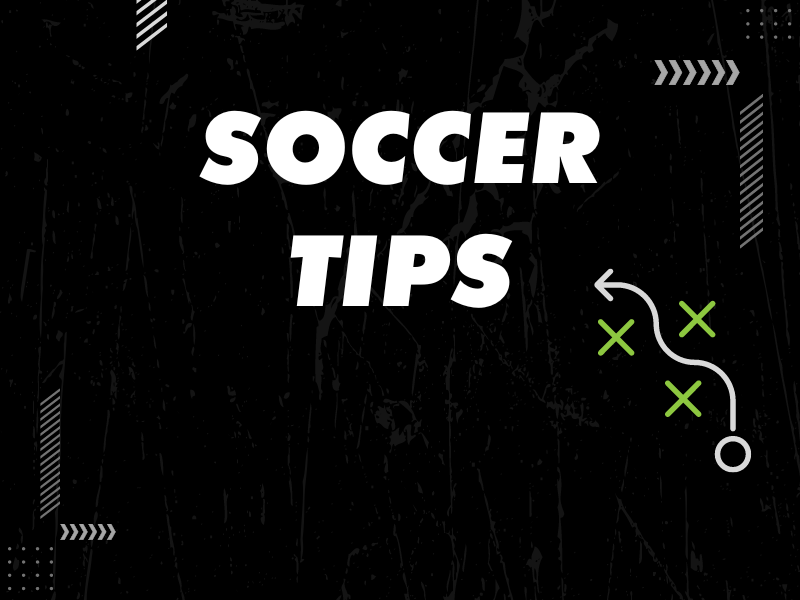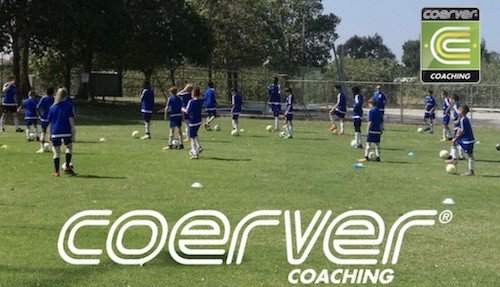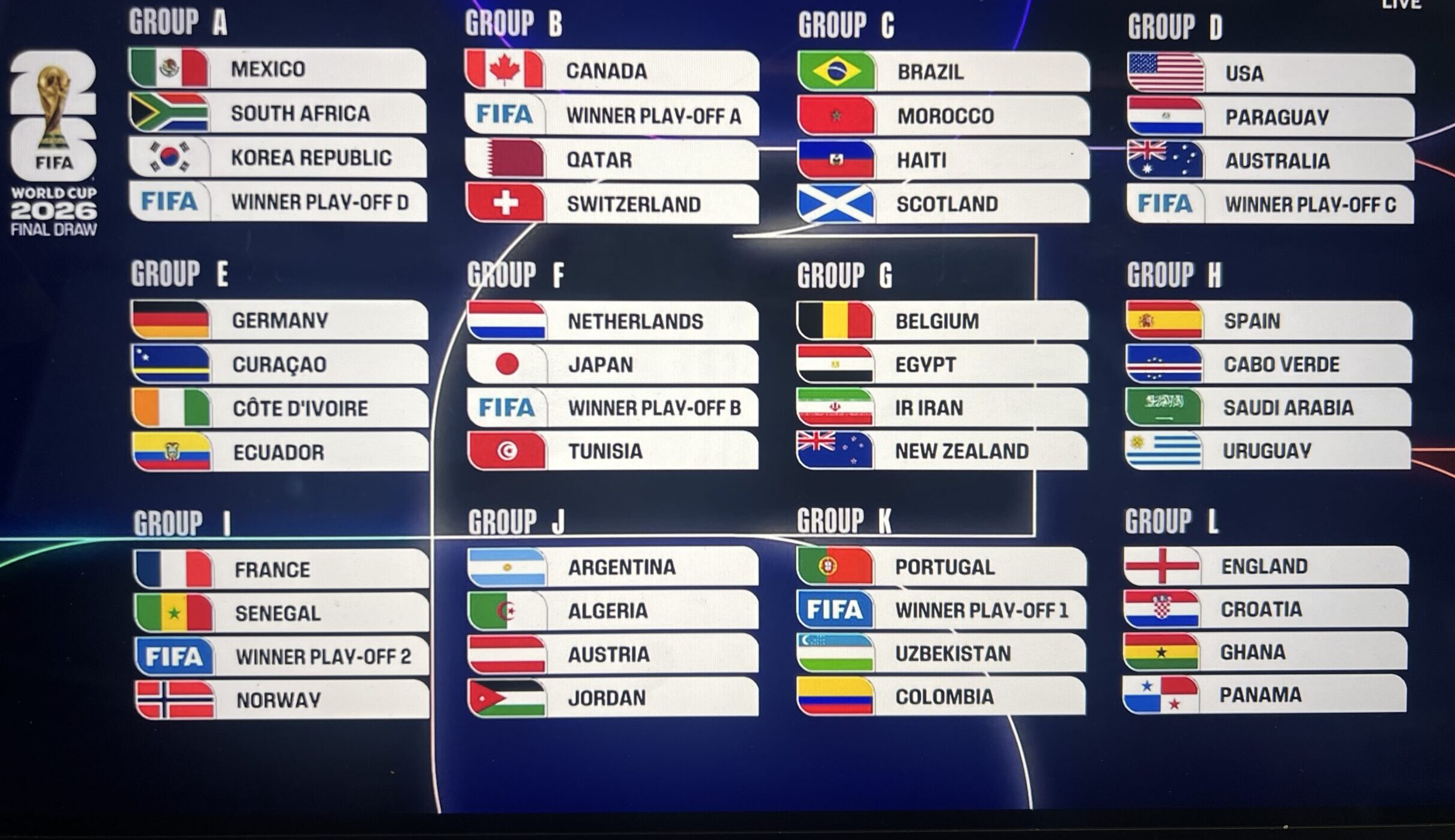|
Image credit to US Soccer. Not playing soccer up to your ability? Choking under the pressure? Maybe your brain isn’t in the game. One thing to do though is forget your mistakes and move on to the next play right away. Don’t focus on making a mistake, get right back into the soccer game and try to work hard. If you miss a clear open shot, don’t worry, just score the next one! Even the best soccer players in the world miss chances. The key is moving on to the next play, the next chance. Whether you’re preparing for a marathon or simply hoping to improve your soccer game, mental conditioning may be just what you need to enhance your performance. Consider the benefits — improved concentration and focus, controlled emotions, confidence in the face of challenge. Now how do you get there? Try these techniques: Mental conditioning is often based on four core techniques: relaxation, imagery, goal setting and positive thinking. Relaxation Imagery The confidence you gain from these mental practices or rehearsals can help you stay on top of your game when it really counts. Goal setting For example, if you’d like to complete a marathon, start with a series of shorter races. If you’d like to shave one stroke off your golf game every week, commit to more time on the putting green or driving range. If you tend to get angry or upset on the playing field, maybe your goal is to simply let go and have fun. Positive thinking Positive thinking can lead to confidence, focus and inner calm – qualities that help you get the most out of your game. |
Mental Conditioning: Is Your Brain in the Game?
















